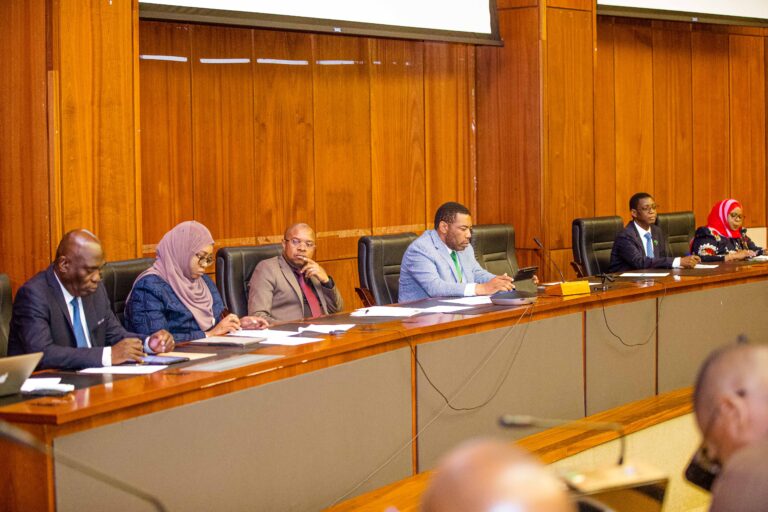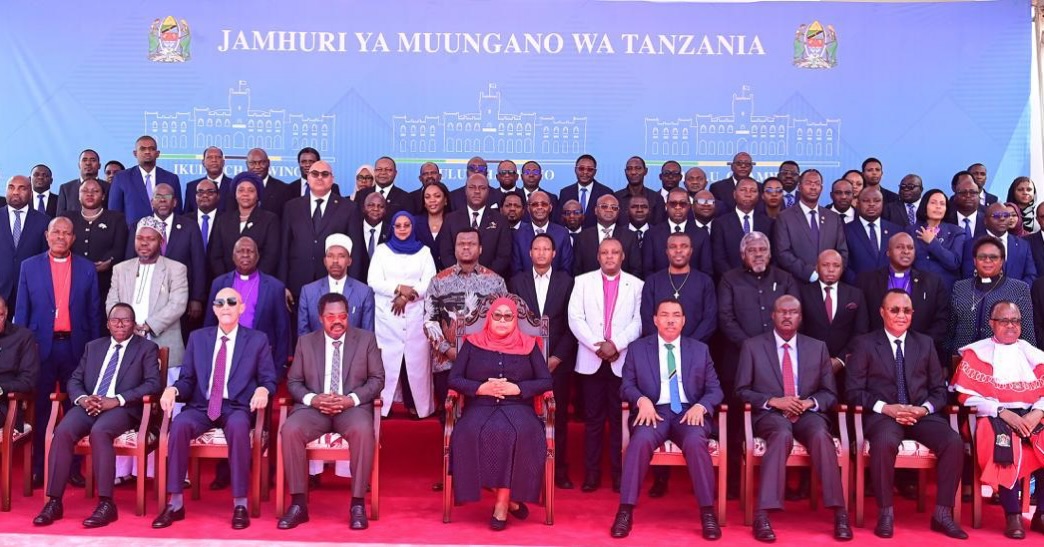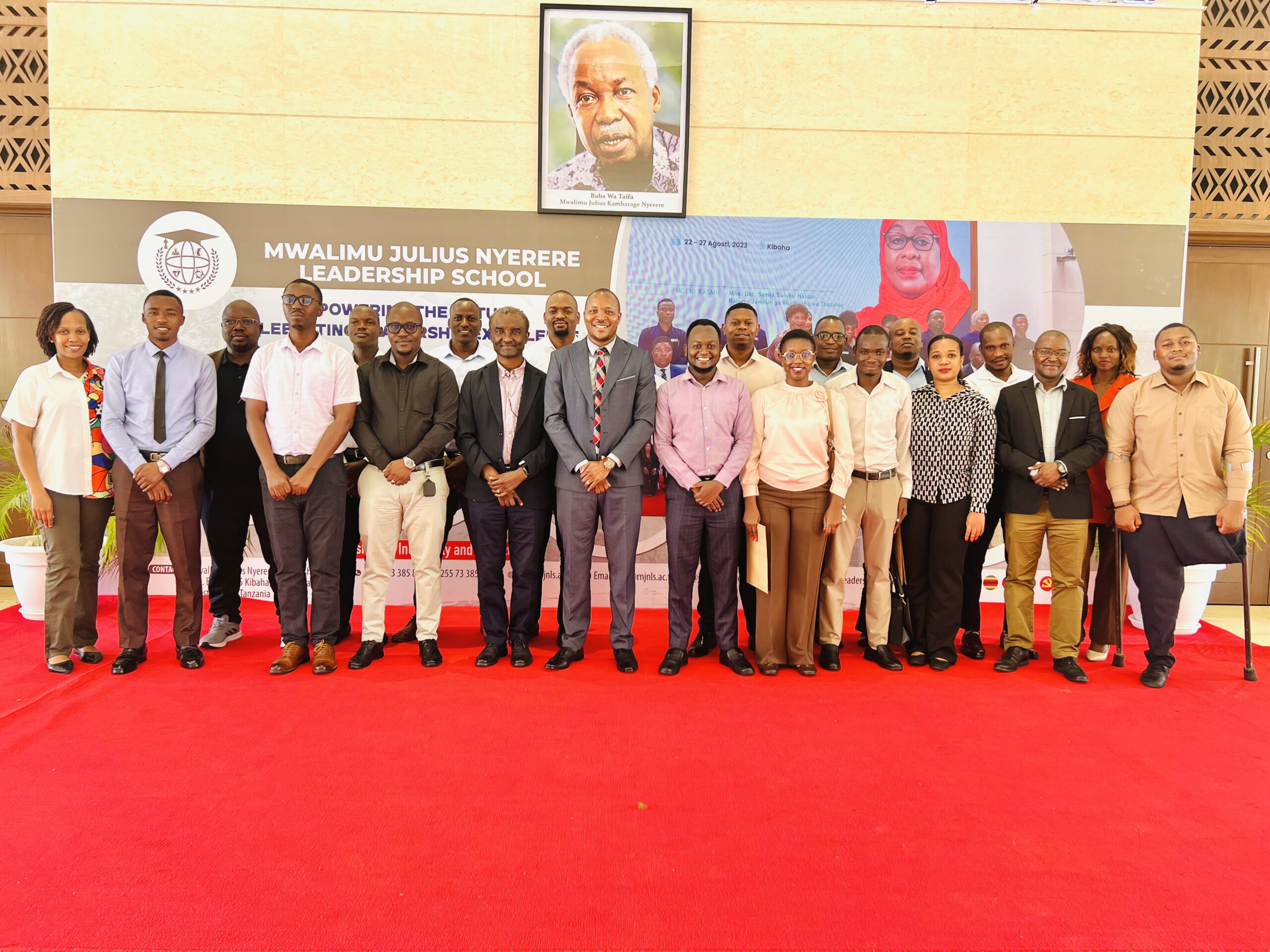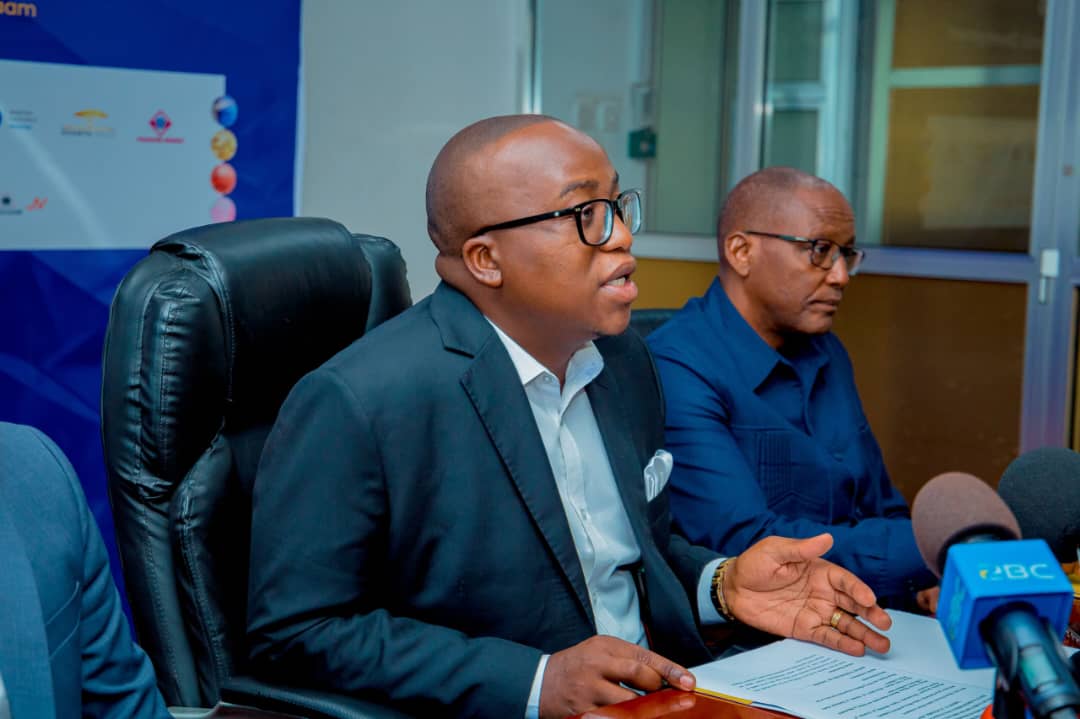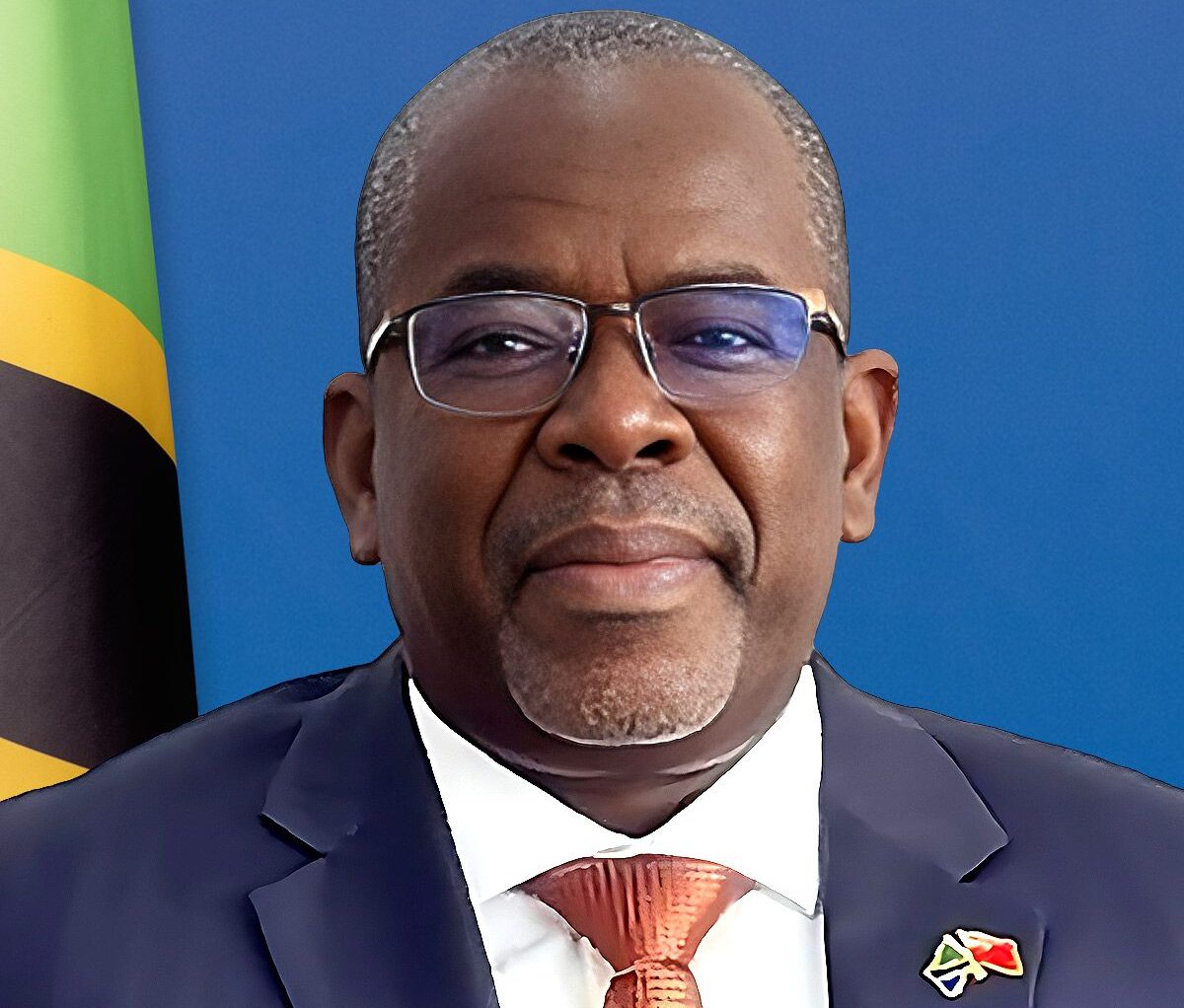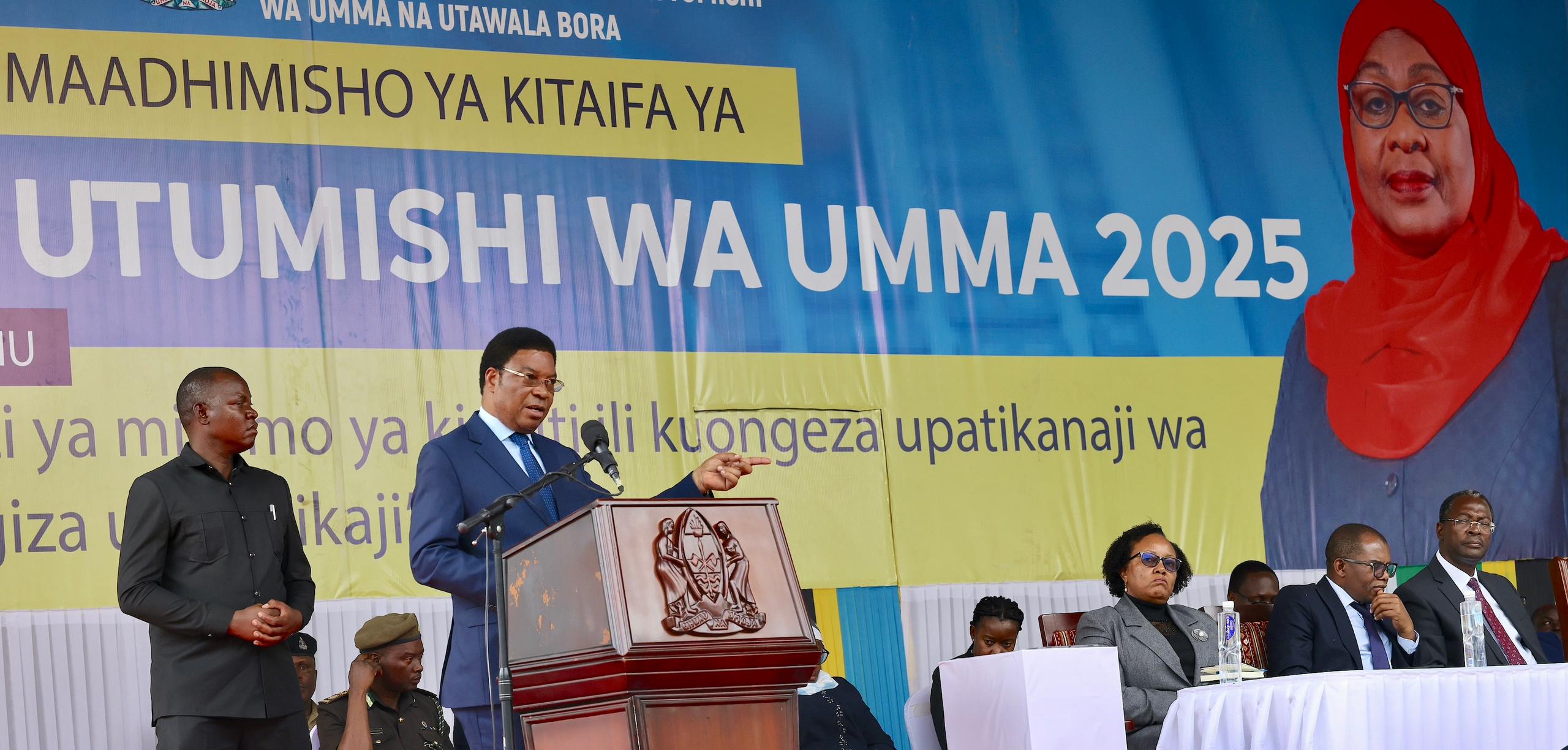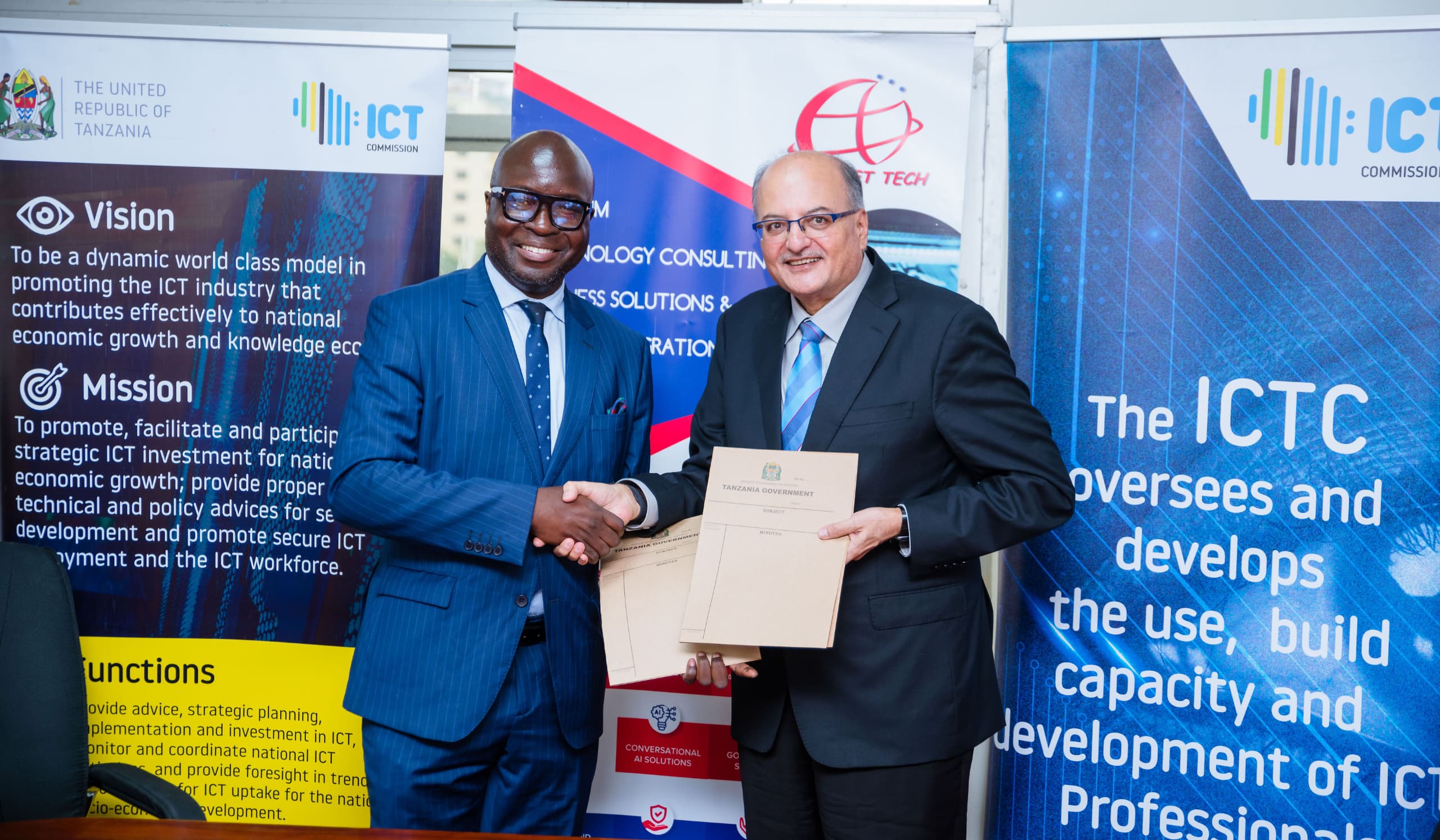Dar es Salaam. In the heart of Tanzania’s efforts to eradicate poverty and uplift its citizens, a momentous announcement was made on Thursday, December 5.
The World Bank has pledged to provide nearly $300 million (about Sh786 billion) to assist in the implementation of the third phase of the Tanzania Social Action Fund (TASAF) poverty alleviation program.
This will be the next step following the successful completion of the second phase, set to end next year.
This significant development was shared in Dar es Salaam during a high-level dialogue between the government and development partners concerning the future of the third phase of the TASAF program.
Mr Nathan Belete, the World Bank’s country representative in Tanzania, emphasized that the TASAF program stands as a global model, showcasing effective ways to combat poverty and delivering positive results that should be replicated in other countries.
He commended the government of Tanzania for its accomplishments through the first and second phases of the program and reassured that the World Bank, in collaboration with other development partners, would continue supporting the government to meet its goals, particularly in helping citizens combat poverty.
The dialogue was also attended by the Minister for Finance, Dr Mwigulu Lameck Nchemba, who pointed out that the third phase would be more inclusive and aligned with the Tanzania National Development Vision for 2025-2050.
The new phase would ensure that no one is left behind, guaranteeing that citizens from low-income households are integrated into the larger development efforts across the nation, participating in various ongoing projects.
“The preparation of the Third TASAF program will involve productive activities that will not exclude any segment of our society. All groups will be involved in development activities, and the allocation of the budget for these activities will be equitable,” Dr Nchemba assured.
He also noted the considerable successes from the first and second phases, where many beneficiaries had seen their incomes increase and had succeeded in various ventures, thanks to the financial assistance provided.
These stories of success have been shared widely and are a testament to the effectiveness of the program.
On the country’s economic outlook, Dr. Nchemba projected a growth rate of 5.4 percent for 2024, a slight increase from 5.1 percent in 2023.
He highlighted that Tanzania’s economic performance from 2020 to 2024 shows signs of improving, thanks to the government’s policy changes and efforts to address both domestic and global challenges that have hindered economic activities.
Minister Ridhiwan Kikwete, from the Office of the Prime Minister, responsible for Employment, Youth, and Persons with Disabilities, explained that the discussions were timely since the second phase of the poverty alleviation program is nearing completion.
It was crucial for the government and its partners to meet and discuss the way forward for a new program that will benefit the nation.
Dr Saada Mkuya Salim, the Minister from Zanzibar’s Ministry of Finance and Planning, emphasized the importance of integrating digital solutions into the new phase of TASAF.
By utilizing digital payment methods, beneficiaries could receive funds more securely, promoting savings and financial inclusion.
Zanzibar has also been a key beneficiary of TASAF, where many low-income households have been supported through various initiatives, including the building of schools and health centers.
Mr Shedrack Mziray, the Executive Director of TASAF, shared that the third phase of the poverty alleviation program is expected to cost about $500 million (about Sh1.3 trillion).
This phase will target new beneficiaries as well as some from the second phase who still require assistance, such as the elderly, widows, and others who are still facing severe poverty.
This high-level meeting involved various ministers from Tanzania’s mainland and Zanzibar, the World Bank, and other development partners.
The discussions centered around building a stronger, more inclusive future for all Tanzanians, ensuring that those living in poverty are given the support they need to rise above their circumstances and contribute to the nation’s growth.
As Tanzania continues to make strides toward a brighter future, the collaboration between the government and international partners remains vital in ensuring that the nation’s most vulnerable populations are empowered, not just for today, but for generations to come.

